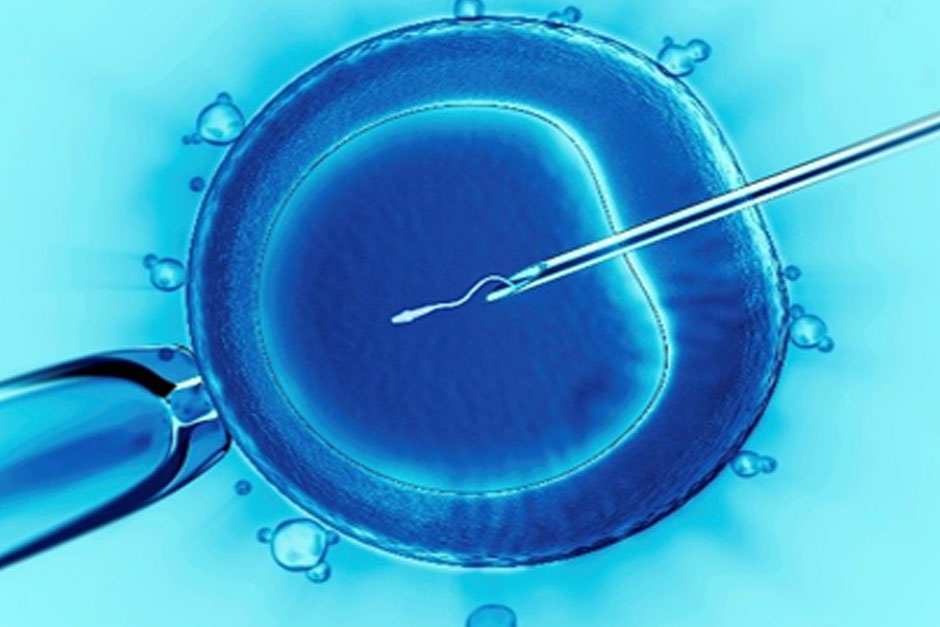
When it comes to fertility treatments, Intracytoplasmic Sperm Injection (ICSI) has emerged as a game-changer for many couples in Pakistan. This advanced assisted reproductive technology has helped countless individuals and families overcome the challenges of male factor infertility and achieve their dreams of parenthood. In this comprehensive guide, we’ll explore the ICSI process, its success rates, and what you need to know if you’re considering this treatment option.
What is ICSI
ICSI is a specialized form of in-vitro fertilization (IVF) that involves the direct injection of a single sperm into a mature egg. This technique is particularly useful for couples dealing with male factor infertility, such as low sperm count, poor sperm motility, or abnormal sperm morphology.
The ICSI Process
The ICSI process typically follows these steps:
-
Ovarian Stimulation: The woman undergoes a course of fertility medications to stimulate the ovaries and produce multiple mature eggs.
-
Egg Retrieval: The eggs are then retrieved from the woman’s ovaries through a minor surgical procedure.
-
Sperm Preparation: The man’s sperm is collected and prepared for the ICSI procedure.
-
Fertilization: A single sperm is carefully injected into each mature egg using a specialized microscopic needle.
-
Embryo Transfer: The fertilized eggs (embryos) are then transferred back into the woman’s uterus, where they can implant and develop.
ICSI Success Rates in Pakistan
ICSI has proven to be a highly effective fertility treatment, with success rates that can vary depending on several factors, including the woman’s age, the quality of the sperm, and the expertise of the fertility clinic.
In Pakistan, the success rates for ICSI can range from 30% to 60% per embryo transfer, with higher success rates typically seen in younger women and those with fewer underlying fertility issues.
Factors Affecting ICSI Success
While ICSI has a high success rate, there are several factors that can influence the outcome of the treatment, including:
-
Female Age: Younger women generally have higher success rates with ICSI compared to older women, as egg quality and quantity decline with age.
-
Sperm Quality: The quality and motility of the sperm used for ICSI can impact the chances of successful fertilization and embryo development.
-
Clinic Expertise: The experience and success rates of the fertility clinic performing the ICSI procedure can make a significant difference in the overall outcome.
Considering ICSI in Pakistan
If you’re struggling with infertility in Pakistan and are considering ICSI as a treatment option, it’s essential to work closely with a reputable fertility specialist. They can help you understand the process, assess your unique fertility factors, and develop a personalized treatment plan to maximize your chances of success.
Remember, every fertility journey is unique, and the path to parenthood may not be straightforward. But with the advancements in assisted reproductive technologies like ICSI, many couples in Pakistan are finding hope and the opportunity to build the family they’ve always dreamed of.




